Toyota Lexus is focussing on its fleet services as it develops its fully electric line-up having been a trailblazer with its hybrid vehicles.
Neil Broad, general manager of One Toyota Fleet Services, returned to Toyota (GB) to head up its fleet division last year, after three-and-a-half years on secondment to Kinto.
Under a guiding principle of ‘One Toyota’, Broad has been tasked on developing the company’s fleet services to include financing and management, and mobility services, integrating the work of Toyota Financial Services (TFS), Toyota Insurance Services (TIS) and Kinto.
“The ideal that we’re working towards is the one-stop-shop for fleet customers,” he explained.
“Big customers are used to going to tender, generally via the big leasing companies. Your SME (small medium enterprise) doesn’t have that buying power, knowledge, capacity, capability or time. We’re trying to cater for that through our own people.”
Once the trailblazer in terms of electrified product, Toyota Lexus is promising a fully electric line-up in the next few years which will put it front and centre again.
Broad told Fleet News that he expects its zero-emission model line-up will "grow quickly" from 2024.
The fully electric Toyota bZ4X and Lexus RZ, which were available to drive at Company Car In Action (CCIA) 2023, are both “cracking products”, he says.
Toyota’s Professional range of commercial vehicles were also in the spotlight at CCIA, giving visitors the opportunity to drive Fleet News award-winning vans, the Proace Electric and Proace City Electric.
But Broad acknowledged, with the zero-emission vehicle (ZEV) mandate expected to become effective from 2024, and the regulations still yet to be confirmed, the manufacturer, like many others, faces a challenge in the short-term.
"We were in a really good place in terms of electrified product from a hybrid perspective," said Broad.
"We need to get back to leadership, because we were in 1998 the undisputed leaders of new technology."
He added: "We are a relatively late entrant, but we are going to grow organically."
Broad highlighted how, with just 1% of its global sales in the UK and its product plan geared towards 2026/27, it will be “very difficult” to adapt its portfolio to meet zero emission vehicle (ZEV) mandate plans here.
"There are 30 markets in Europe and we're one of them,” he said. “We can't take all of the EVs from the whole of Europe for the UK.”
New Toyota electric vehicle batteries to offer 900-plus miles of range
There is much to look forward to from the manufacturer, however. Toyota is developing new battery technology that will give future electric vehicles (EVs) a range of up to 932 miles (1,500km).
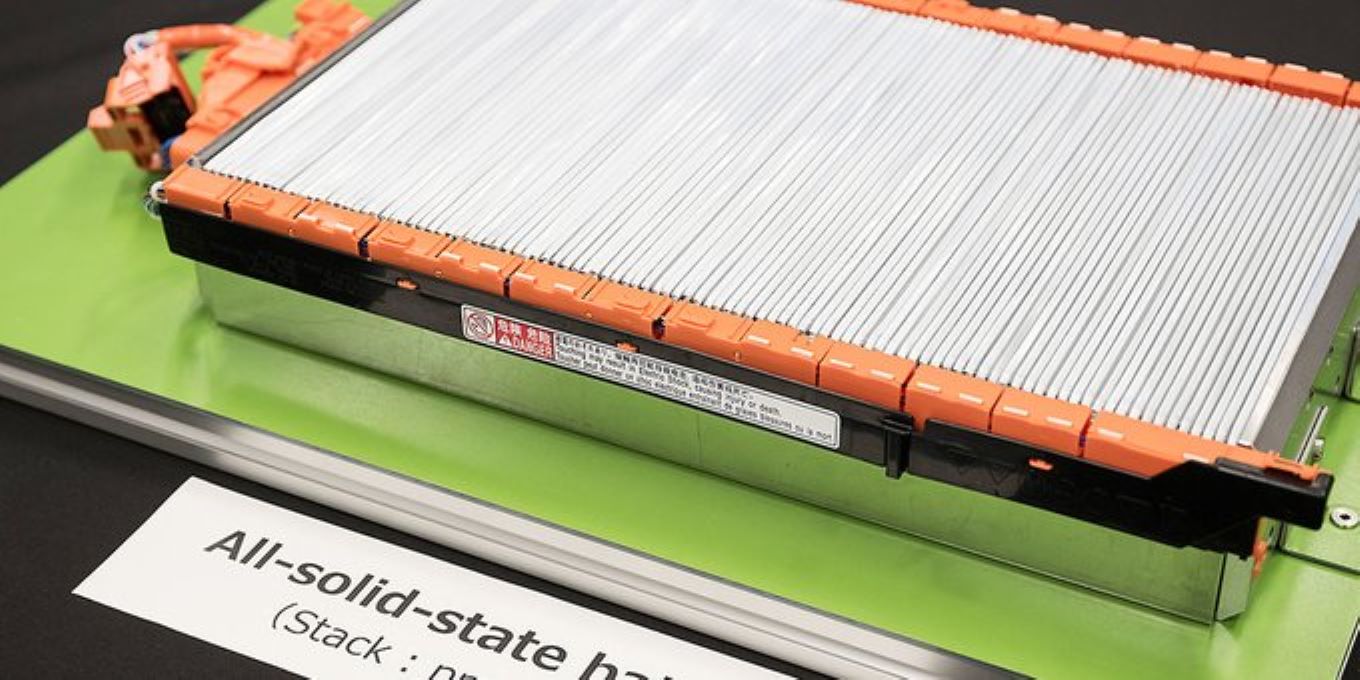
Unveiling its future EV plans, the manufacturer has said that it will introduce a step-change in battery performance over the next five years.
From 2026, it will introduce new battery technology offering a range of 1,000km (621 miles), by increasing the energy density of the battery, weight reduction and improving vehicle aerodynamics.
At the same time, it aims to cut costs by 20% compared to the current bZ4X and achieving a quick charge time of 20 minutes or less from 10-80% power.
The bipolar structure battery, which has been used in the Aqua and Crown hybrid vehicles, is now being applied to BEVs.
The battery uses lithium iron phosphate (LFP) and is expected to be available from 2026-2027.
The low-cost battery will offer a 20% increase on range compared to the current bZ4X (up to around 375 miles), but come with a 40% reduction in cost, and recharging in 30 minutes or less (10-80% charge).
However, it is the development of all-solid-state batteries which could deliver a step-change in how far the manufacturer's car will trave on a single charge in the future.
Having discovered a technological breakthrough that overcomes the longstanding challenge of battery durability, the company says it is reviewing its introduction to conventional hybrid electric vehicles (HEVs) and accelerating development as a battery for BEVs.
It is currently developing a method for mass production, striving for commercialisation in 2027-2028.
The technology, it says, will deliver a 20% improvement in range compared to the 1,000km range promised from 2026, with an even quicker charge time of 10 minutes or less (10-80% charge). That would give Toyota a BEV range of up to 1,200km (745 miles).
New Toyota C-HR features plug-in hybrid variant
In the meantime, Toyota recently announced its next-generation C-HR C-segment SUV will feature a fully electrified engine line-up, including a plug-in hybrid variant.
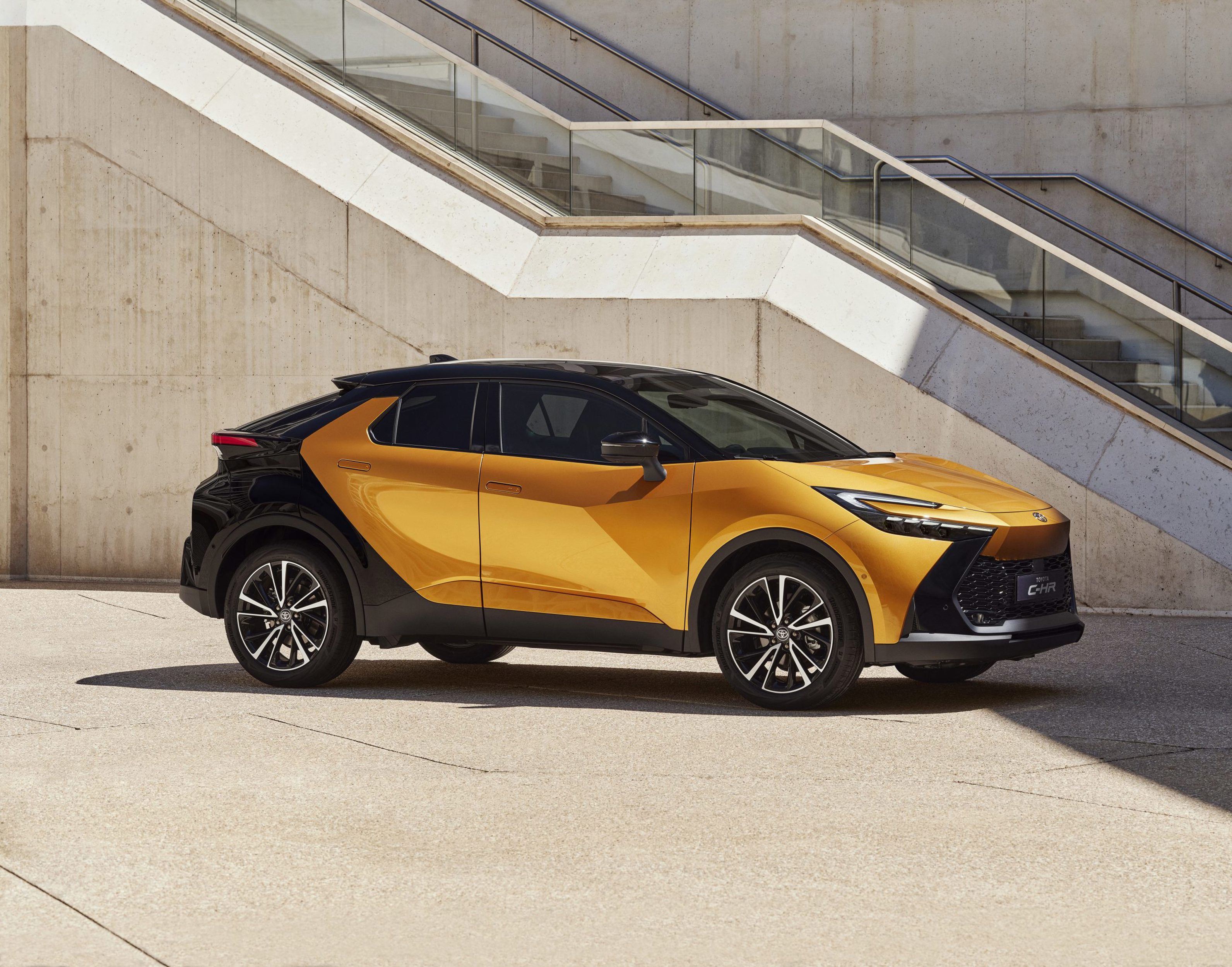
The PHEV features a 2.0-litre petrol engine that works in conjunction with a 13.8kWh battery for an electric-only range of 41 miles.
Full details of the UK range, specifications and pricing will be confirmed at a later date, but it will also include 1.8- and 2.0-litre hybrid electric versions.
Toyota says the PHEV will feature a ‘one-pedal-like’ driving experience through a feature called Regeneration Boost that provides a choice of three levels of regenerative braking.
The car will also adjust the drive automatically for maximum regen when following a route on the sat-nav.
Meanwhile, the Toyota Yaris has been given a power boost and new infotainment as part of 2024 update.
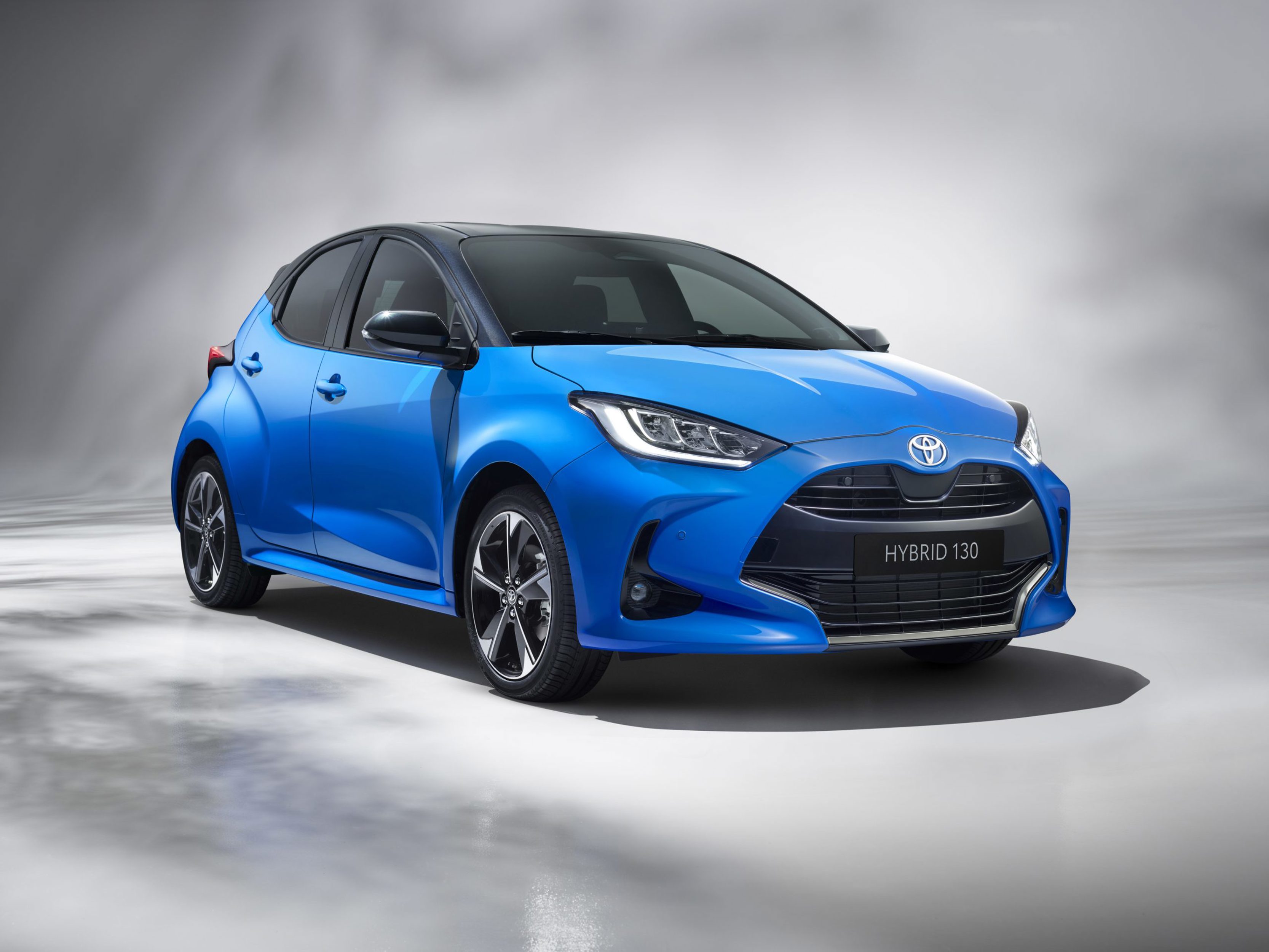
The revised model features a suite of changes, including a new, more powerful hybrid engine and a new infotainment system.
Toyota said the car will go on sale in Q3, when prices and specifications will be revealed.

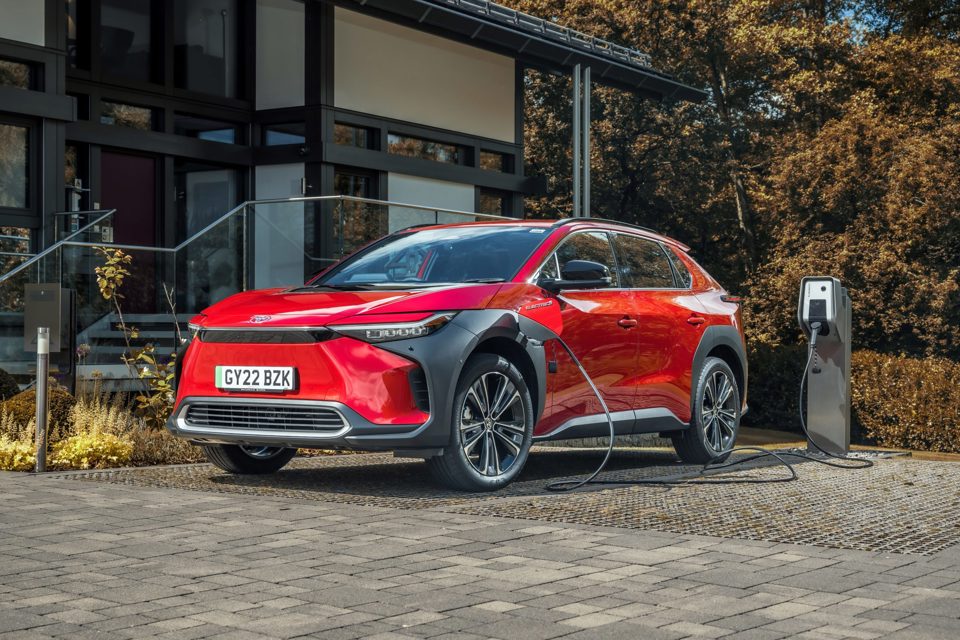




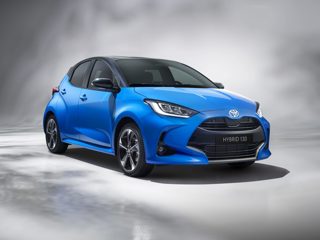
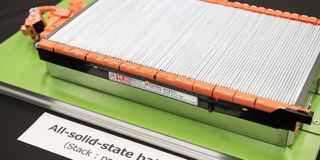
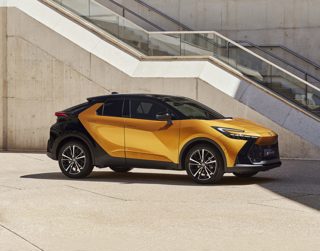













Login to comment
Comments
No comments have been made yet.